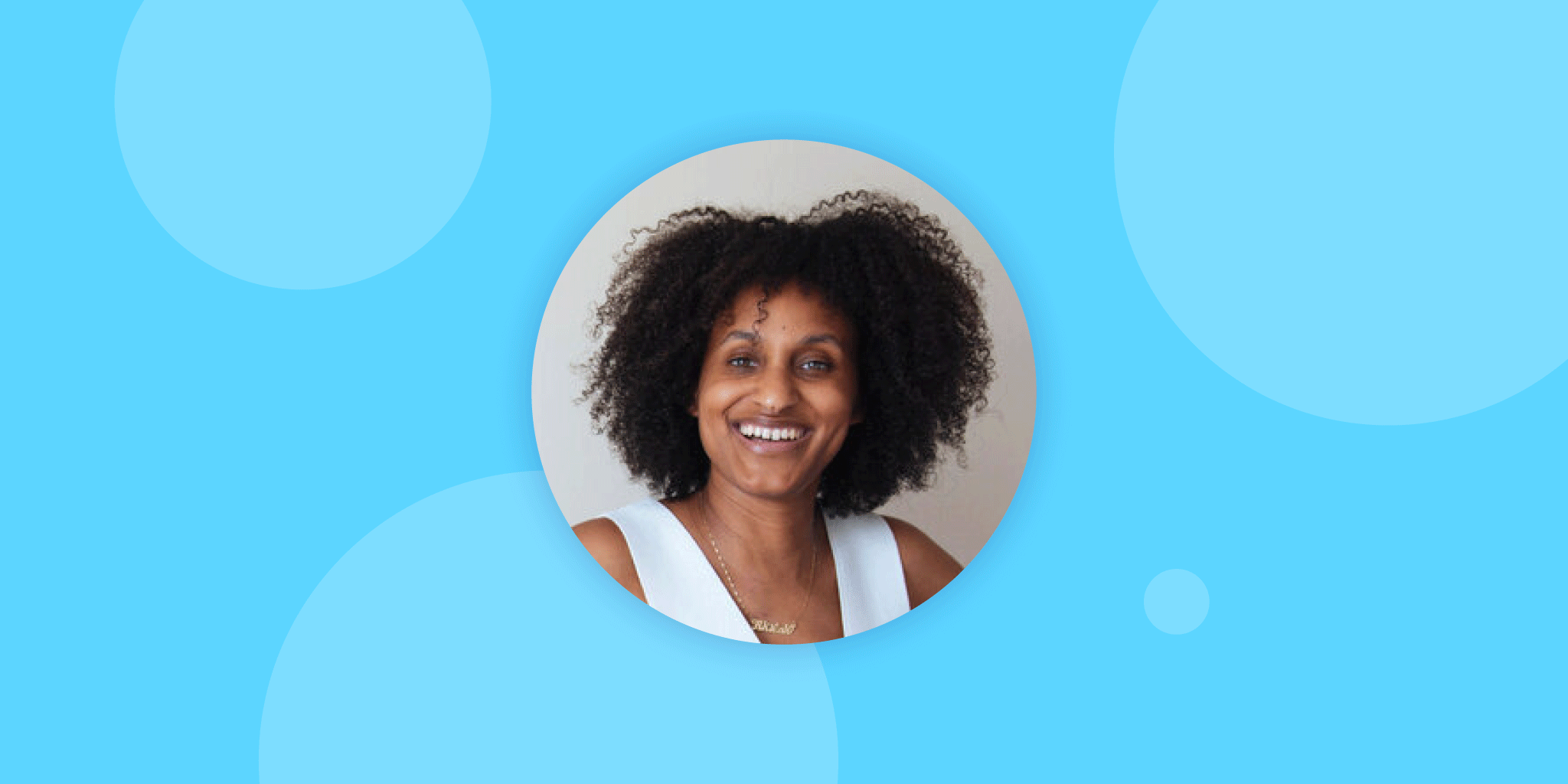Dr. Akilah Cadet joined our team earlier this summer for a discussion on racism, privilege and how we can show up for our black community. She founded Change Cadet, a consulting firm which aims to drive equity and belonging in the workplace. We covered a lot of ground, so we consolidated the discussion into the following Q&A.
Reflektive: What is white passing and white assimilating?
Cadet: White passing is someone who can look closer to white and they can pass in white spaces. White assimilating means a person of any color may identify with white behaviors that add to either the benefits of white privilege or white supremacy.
Black people live in a very white space. In America, all aspects from the workplace, store, cafe to how you drive, are upholding values of white supremacy. It comes from the history of slavery in America. So in order for some cultures to survive, they will assimilate so they can benefit from white supremacy.
Reflektive: What is earned and unearned privilege, and how does it affect us?
Cadet: Unearned privilege are things like access to education, being non-disabled, born heterosexual, and growing up in an upper or middle class family. Earned privilege is being able to have access to certain types of privileges such as learning a language or earning an advanced degree.
We all have some kind of privilege. I have privilege. Some of my unearned privilege is that I’m US born, grew up middle class, and am educated. I’m also a light skinned Black woman and in America anything that is closer to white is viewed as better or supreme. Hence white supremacy.
My earned privilege includes being a business owner and having a doctorate. I am also someone who lives with a rare heart condition. I used to be non-disabled but now am protected by the American Disabilities Act allowing me access to support like my ADA placard.
It’s important for all of us to do the work and understand our privilege. There is power that comes along with the privilege we have. For non-Black people, learning how to check your privilege is one step toward dismantling white supremacy. For Black people, use your privilege to have boundaries or find ways that are safe to advocate or educate. Remember it is not the responsibility of Black people to do the work. Non-Black people and white people also need to be uncomfortable and do the work!
Reflektive: How can we be better allies and accomplices for our Black communities?
Cadet: An ally is someone learning, actively listening and researching the community they want to learn and advocate for. They are beginning to understand privilege and may be able to recognize and may even call out some microaggressions. Allyship is the pathway to becoming an accomplice. An accomplice is someone who is aware of their privilege and how it adds to systemic and institutional oppression and racism. They understand how their privilege upholds values of white supremacy. It’s showing up personally and professionally in a way that helps dismantle systemic issues.
Reflektive: Do you think we’ll finally see change? What’s your outlook?
Cadet: I’ve been doing this work for a number of years and well, we’re seeing a lot of momentum around being anti-racist these past few months. I’m hearing from businesses who are actively working to be an anti-racist organization and taking the step to ensure their consumer knows they are not racist. People are realizing the power of the Black dollar and Black businesses, and that’s amazing.
We’re also seeing the rise of the conscious consumer. Primarily white people who want to actively participate as an ally and want to spend their money in places that are antiracist. They are also holding companies and brands accountable on their antiracism journey.
I want everyone to understand that as you are doing the work, it’s important to connect back to joy. There’s a spiral of emotions, anxiety and even tears with advocacy, learning, and unlearning. I want people to know that those feelings are okay and just remember to not get stuck. Not doing anything is a form of privilege. The goal is to keep moving forward and celebrate the little wins along the way. There is not an end date for this work. Mistakes will happen, you will just make less. Remember antiracism is a triathlon not a sprint.
Interested in more?
- Follow Dr. Cadet on Instagram, LinkedIn and Twitter.
- Check out this on-demand webinar with Dr. Akilah Cadet about elevating the voices of women of color in your workplace.
- Sign up for the Ally Nudge, 2-3 texts per week over a month for learning and action prompts to continue your allyship journey.
At Reflektive, we’ve learned a lot these past few months and are committed to making diversity, equity, and inclusion an ongoing investment. It’s up to us to commit to change.
